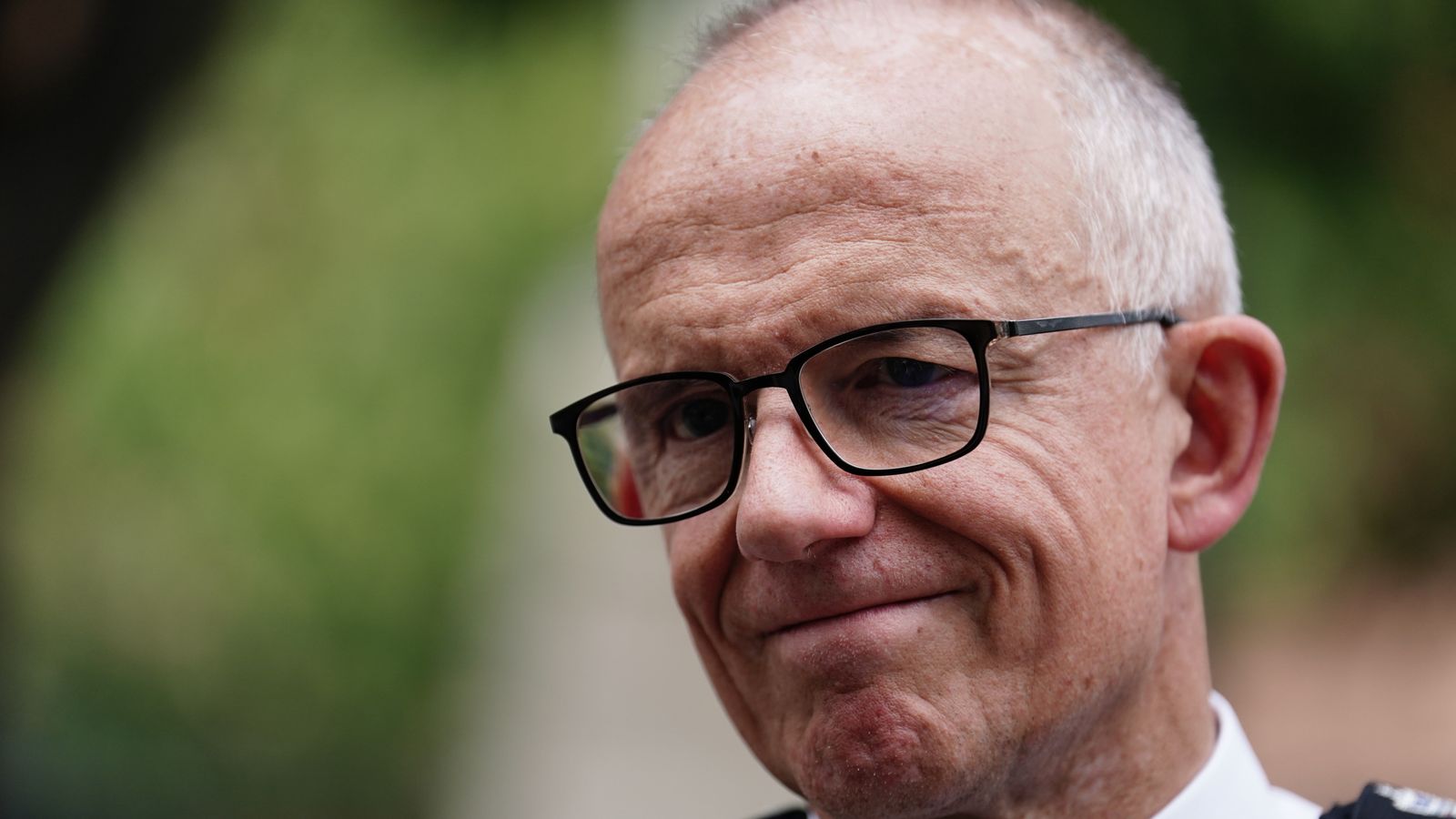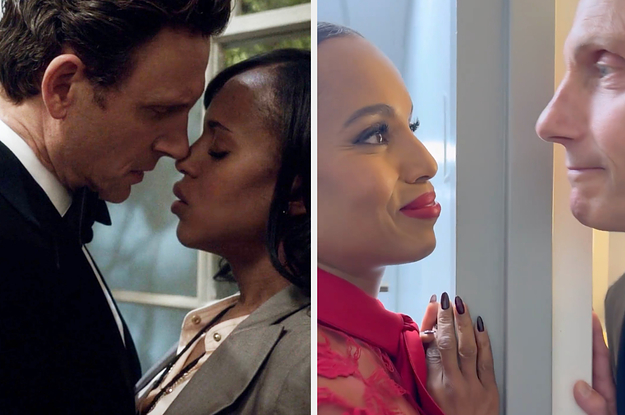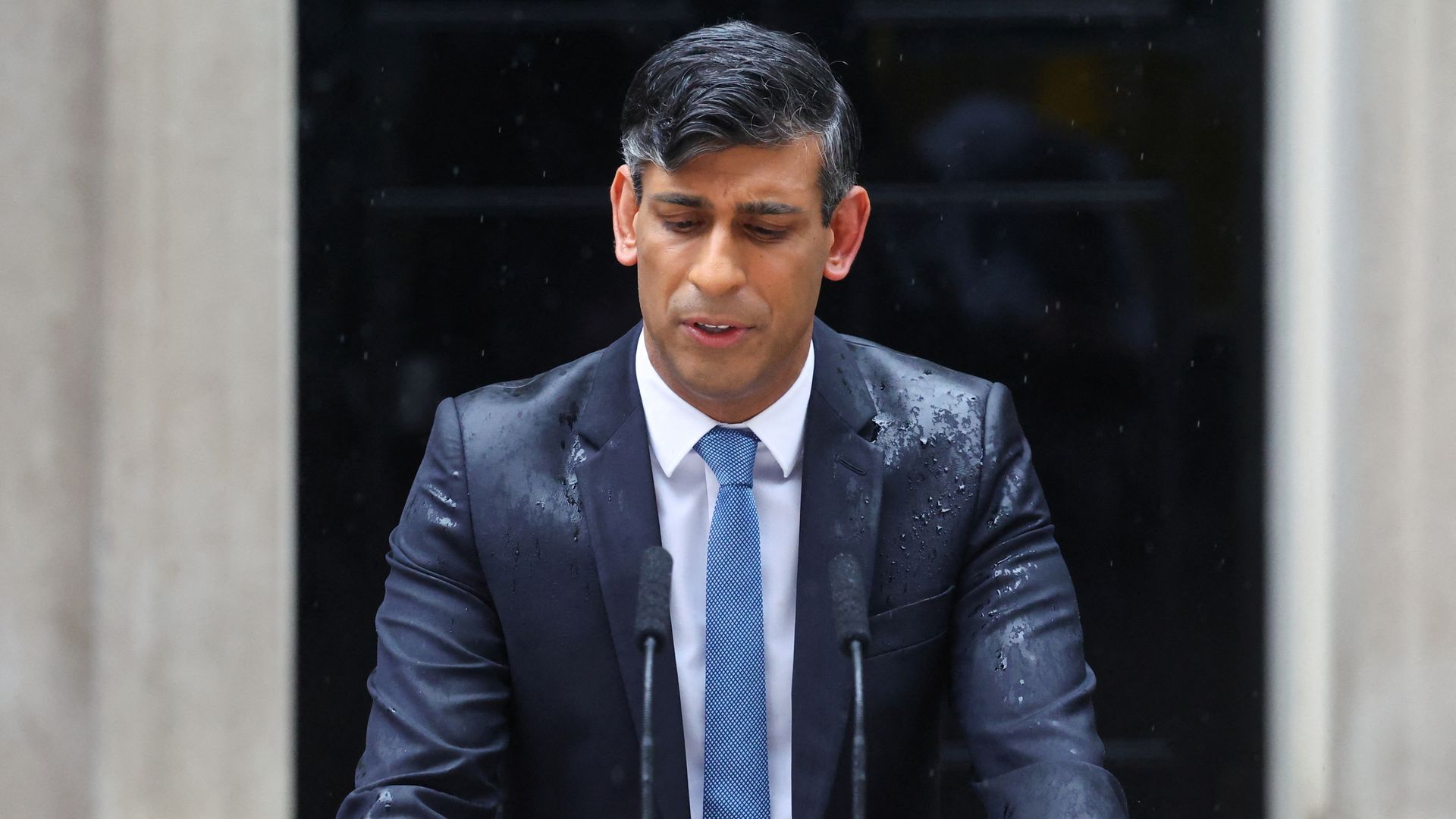The Metropolitan Police force still has hundreds of serving officers who should have been sacked, Commissioner Sir Mark Rowley has said.
Last October, the head of Britain’s largest police force said that the number of officers and staff being sacked was “massively under-engineered”.
Fast-forward to April 2023, the Met said sackings had risen by 70% in six months and suspensions had doubled as bosses moved to crack down on standards.
Bur after a year in the job, Sir Mark said on Monday that he is “still convinced” that hundreds who should not be in the job remain on the force.
The commissioner’s comments come after a 2023 review by Baroness Louise Casey, who spent a year investigating the Met Police.
She reported in March that the force is institutionally racist, sexist and homophobic and may have more officers like killer Wayne Couzens and serial rapist David Carrick.
Her 363-page report concluded that the force needed a “complete overhaul” and may need to be broken up.
When asked if there could be more officers in the Met like Couzens and Carrick, Baroness Casey said at the time: “I cannot sufficiently assure you that that is not the case.”
This week, Sir Mark said there is still no current way to sack officers who fail re-vetting – which measures individuals against the College of Policing’s Code of Ethics among other factors.
Please use Chrome browser for a more accessible video player
“There is no explicit provision in place within police regulations that if a police officer fails their re-vetting, that there is a route to dismiss them, which is clearly completely perverse,” he said at an event at the Policy Exchange thinktank.
Regulations to make it easier for force chiefs to fire rogue officers are expected to be changed next year, under new government plans.
Read more:
Met Police officers accused of using ‘excessive force’ to face hearing
Five former Met Police officers admit to sending racist WhatsApp messages
Force figures for the year to the end of June 2023, released after a freedom of information request, show the number of officers charged with criminal offences has stayed consistent year-on-year.
In the year to June 2021, 56 were charged, while the following year that figure was 58 and in the year to June 2023 it was 52.
More figures, that are due to be released in the next few weeks, will show what progress has been made but also where there are blockages stopping force chiefs getting rid of officers and staff, Sir Mark said.
‘Let the police police’
Despite comments about the amount of officers who remain on the force but should not be in the job, Sir Mark began his speech on Monday with “let the police police”.
He said that officers face “dispiriting oversight”, and their confidence in confronting criminals is undermined by the prospect of possible prosecution if a suspect is killed or hurt in a pursuit.
“The Independent Office for Police Conduct (IOPC) and Crown Prosecution Service (CPS) in my view fail to follow the same charging standard for police officers as they do for the wider public, dragging innocent officers through years of stress,” Sir Mark said.
He added that while around 80% of all prosecutions lead to convictions, for cases where officers are accused of dangerous driving in chases the proportion drops to 30%.
“We need to empower and enable the tens of thousands of great officers with an oversight system which in future needs to act much more clearly, without fear or favour, not getting blown around on whims of opinion.”








